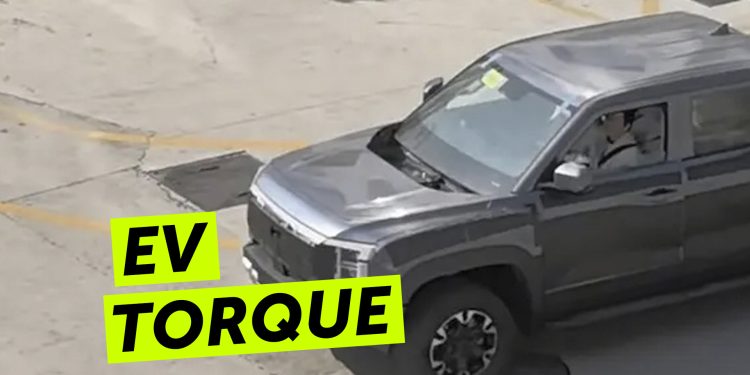EV Torque – EV Sales Rocket in 2023 – But What of 2024?
Words: Mark Gilbert
It’s now safe to say that 2023 was a stellar year for new electric vehicle sales in New Zealand, with a record number of plug-in cars hitting our roads compared with previous years.
According to new vehicle registration data sourced from the New Zealand Transport Agency (NZTA), a total of 21,621 new EVs were registered here last year which is 38 per cent more than 2022’s total of 15,677.
But it’s when we look at how popular electric cars have become in the past two years that we start to see the bigger picture, 2023’s numbers showing an increase of 103.5 per cent compared with 2021’s.
Electrics also comprised a larger share of the passenger car market than they ever have previously at 19 per cent, while in 2022, that number was 13.5 per cent.
That’s in part due to more models being available. In 2022, there were 16 BEV passenger models and 25 SUVs, while in 2023 those numbers were 28 and 34, respectively.
So it’s clear to see that voltage vehicles are on the up but will the trend continue?
As for the most popular EVs, the Tesla Model Y took the top spot for the second year in a row.
However, it didn’t sell quite as well in 2023, with 3936 examples hitting the road compared with 4226 in 2022. The BYD Atto 3 was the second most popular EV last year, moving up from third the year before.
There were 3171 units registered in 2023 compared with 1685 in 2022. Also carving away at Tesla’s reign last year was MG, which launched one of the country’s most affordable EVs, the MG4.
For a time that could be had for under $40k when the Clean Car Discount was still around and the firm sold 1793 MG4s.
The remainder of the top ten electrics included the MG ZS (1648), Model 3 (971), EV6 (955), Niro (660), Kona (597), Ioniq (558) and the Polestar 2 (541).
There was a slight growth in commercial EV registrations, with 582 electric workhorses hitting the road. Among them were 475 light and 107 heavy commercial vehicles, with the LDV ET60 ute being the top model among them all.
Compared with 2022’s figure of 537, 2023 showed that Kiwis still don’t like the idea of an electric work vehicle, although lack of viable options remains the sticking point.
Turning to the total market, electric power accounted for 14.5 per cent of sales, plug-in hybrids took six per cent and hybrids were good for 19.7 per cent.
Pure petrol registrations accounted for 29.2 per cent and diesel was at 30 per cent. It’s clear for EVs to make more of an overall dent, there need to be more electric options in the commercial space.
This might be the year however with the Ford E Transit Custom and the BYD pick-up due to be released.
Looking ahead, the decision to axe the Clean Car Discount at the end of last year by the new National-led government means 2024 poses a significant challenge for car brands and dealerships to drum up electric sales as the fees have been wiped from ICE powered-machines and EV customers can no longer claim a $7015 rebate.
However, some brands have already lowered the price of their EVs to reflect a transaction price similar to the one when the discount was applied.
It isn’t all doom and gloom in the electric sector then, as several exciting new car brands are set to make a splash in New Zealand this year.
The first of those is Omoda which will introduce its fully electric E5 alongside a petrol-powered equivalent in the first quarter of 2024.
We’ll also see the return of Cadillac with its Lyriq EV in right-hand drive guise, with an expected arrival date set for the latter stages of this year.
And there will be at least 25 other new EV models due in the coming 12 months as well.





